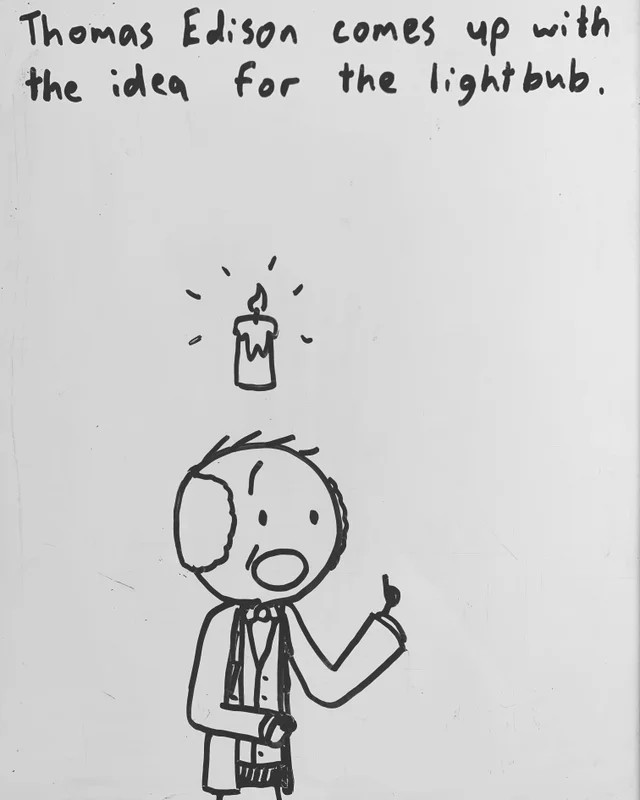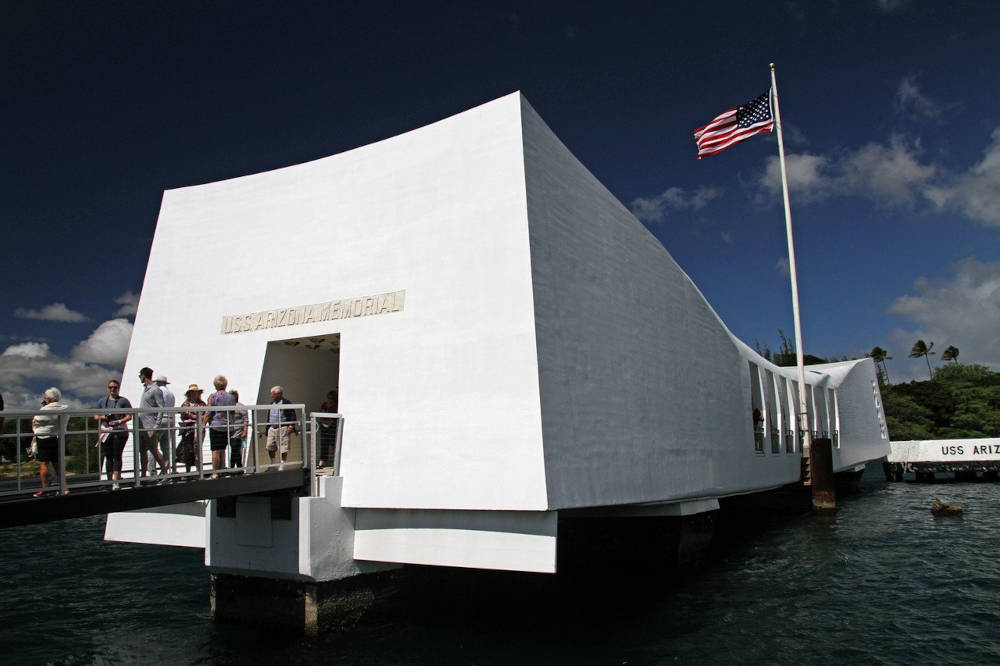[The USS Arizona Memorial, Pearl Harbor National Memorial. Photo from Pixabay]
Good morning,
We all like to attempt to imagine the future. And just how we go about that is a theme Nate Silver does a deep dive on in The Signal and the Noise: The Art and Science of Prediction, a book we like to revisit every once a while. It reminds us how difficult the ask is. The best among us work hard to sift through the noise and look for signals that matter. But even that may not be good enough, Silver points out. The evidence is on his side.
“The bombing of Pearl Harbor in 1941, the first foreign attack on American soil in more than a century, was as shocking to the American psyche as the destruction of the World Trade Center sixty years later, and it transformed a vaguely menacing antagonist on the other side of the planet into a terrifying, palpable, existential threat. And yet, the attack on Pearl Harbor seemed quite predictable after the fact. Many signals suggested an attack on Pearl Harbor was possible, and perhaps imminent.”
Having said that, Silver goes on to describe the many signals. But, he writes, “The most ominous signal of all was the silence. American intelligence officials had ingeniously succeeded in breaking PURPLE, the code that Japan used to encrypt its diplomatic messages, allowing us to decipher perhaps 97 percent of them.
“Many in the intelligence community concluded that the carriers were close to their home waters where they could rely on alternate means of communication. The second possibility was that the fleet had ventured far into the Pacific, away from American naval installations.
“The Japanese carrier fleet, in fact, was en route to Hawaii. It had charted a precise course; like a quarterback perceiving the holes in his opponent’s coverage, the fleet was maneuvering through the blind spots in our defenses. The ships initially traveled in a long, straight line toward the east-southeast, almost exactly bisecting our naval stations at the Midway Islands and in Dutch Harbor, Alaska. Then on December 4, after reaching longitude 165 west, they abruptly turned at a 45 degree angle toward Hawaii, where three days later they would launch the morning attack that killed almost 2,400 soldiers and sank four of the Navy’s battleships.
“The United States Congress declared war on Japan and its entry into World War II by a vote of 470 to 1 the next day.”
Worth thinking about, isn’t it?
Sharda Ugra on Shane Warne
Even amidst the mindless war going on in Ukraine, the death of Shane Warne at 52 caused a deep pain among cricket fans. Tributes are still flowing in, and in the coming days, we will see his impact on his fellow cricketers, cricket experts and lovers of the game across the world. Here’s one of the early tributes by Sharda Ugra.
“When the great ones go, in its struggle to cope, cricket pays tribute first through their cricketing credentials, their numbers, and a recounting of skills and stories. It is necessary, contextual, professional. But those like Warne, are so distinctive, that they cannot be compartmentalised. He was to become Mr Leg Spin, the walking-talking-slow-motion-explainer of an arcane previously inexplicable skill, which he turned into a new millennium match-winning mantra. If you were that good, of course.
“His career ran parallel in the 1990s with the mushrooming of satellite television and sports broadcasting gizmos around the cricketing world. Inside it, strode Warne, slow bowler with the fast bowler personality, the captain Australian cricket didn’t enlist because of a colourful, chatterbox personality, a ’90s cricketing superstar of 1970s chunkiness, thriving in age of fitness training, bleep tests and body fat percentages.
“While Warne’s Ashes success was to catapult him into superstardom, complete with his baked-beans-on-tour persona, he was to rise above easy caricature because of his cricketing evolution and on-field success. He has a thousand-plus wickets for his country, he was a key component of an Australian team which was one of cricket history’s two all-time great teams. That he chose to wear those achievements like a neckerchief rather than a cravat tells you just who he was.”
Dig deeper
Why elections in UP are tough
What may the outcomes of the ongoing assembly elections, particularly that of Uttar Pradesh (UP) be? A series of ground reports in Hindustan Times over the last few months try to capture the mood. And this piece by Roshan Kishore had our attention because it describes how conflicted people feel.
“A two year B.Ed degree, essential for a schoolteacher’s job, costs around Rs 1 lakh. This kind of money is close to, or even higher, than a year’s income for many of these families. ‘The BJP government has hired around 1.75 lakh schoolteachers in the last five years, whereas around 2.5 lakh students take admission in B.Ed programme every year,’ a teacher in a government college in Gorakhpur said on condition of anonymity.
“There is a joke in Uttar Pradesh that if you throw a stone randomly, it is likely to hit an unemployed B.Ed degree holder, he said.
“To be sure, the Uttar Pradesh government runs a post-metric scholarship scheme, which helps in meeting this cost. The government has spent more than Rs 600 crore on this programme in some years, and more than a million students, studying in government or private colleges, get a tuition fee refund under the programme.
“While this is practically a subsidy for private colleges, the quality of education offered does not go much beyond a mere degree. Many private colleges give admissions to students without taking fees in advance, and are more than happy to take the amount when the money finally comes, the government college teacher said.
“Schoolteachers in waiting are not the only anxious lot. There are many who are preparing for all kinds of government jobs—army to police, railway to staff selection commission (SSC). The army aspirants run to brighten their chances, the SSC and railway aspirants keep taking all kinds of coaching to help their cause…
“The common lament in this election, as far as the young voter is concerned, is that there is no political party that appears to have a plan to solve the massive employment crisis. Whoever comes to power, they say, this issue is unlikely to be resolved.”
Clearly, this is a tough election to call for any pollster.
Dig deeper
Once upon a time

(Via WhatsApp)
Found anything interesting and noteworthy? Send it to us and we will share it through this newsletter.
And if you missed previous editions of this newsletter, they’re all archived here.
Warm regards,
Team Founding Fuel

